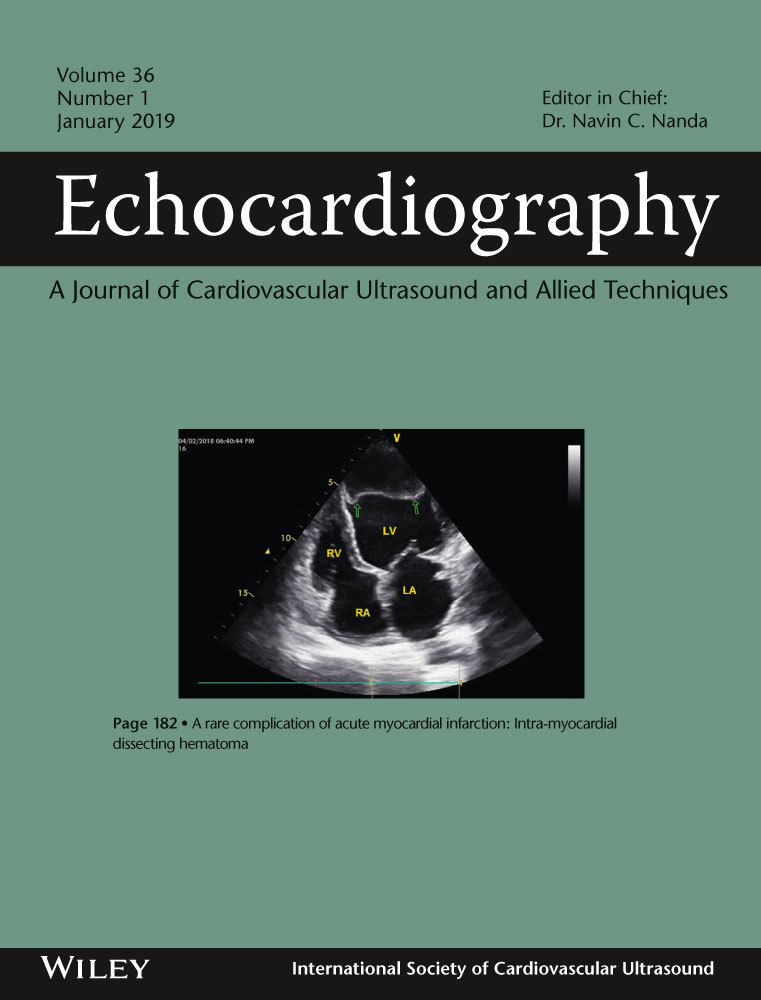Influence of mildly and moderately elevated pulmonary artery systolic pressure on post-renal transplantation survival and graft function
Abstract
Background
Severe pulmonary hypertension (PH) has been associated with decreased post–kidney transplant survival and increased rate of long-term cardiovascular complications. Despite a high prevalence of PH in patients with end-stage renal disease, data on post-transplant renal allograft survival in recipients with pre-existing mild-to-moderate PH are limited.
Methods
The single-center retrospective study cohort consisted of 192 consecutive (2008–2015) renal transplant recipients with documented pretransplantation transthoracic echocardiogram (TTE) pulmonary artery systolic pressure (PASP). Mean age was 50.9 ± 12.4 years, 36.5% were females, and 81.25% were Caucasians.
Results
Elevated PASP ≥ 37 mm Hg was present in 51 patients. Elevated PASP was more common in patients with decreased <50% left ventricular ejection fraction (13.73% vs 3.55%, P = 0.010); otherwise, there were no significant differences in baseline demographic (age, ethnicity, gender, and donor status) and clinical parameters between patients with normal and elevated PASP. Four-year mortality (5.7%) was not significantly affected by elevated PASP. However, elevated PASP was associated with significantly decreased estimated glomerular filtration rate (eGFR) at 1 year (52.26 vs 60.13 mL/min, P = 0.019) and 2 years (51.04 vs 60.28 mL/min, P = 0.006) post-transplant.
Conclusion
Mild and moderately elevated pre–kidney transplant PASP does not affect 4-year post-transplant mortality or graft loss. However, elevated pretransplant PASP is significantly associated with decreased 1 year and 2 years post-transplant eGFR. Preoperative echocardiographic evaluation for PH may be useful in predicting the probability of short-term renal graft and long-term graft dysfunction in these patients.




